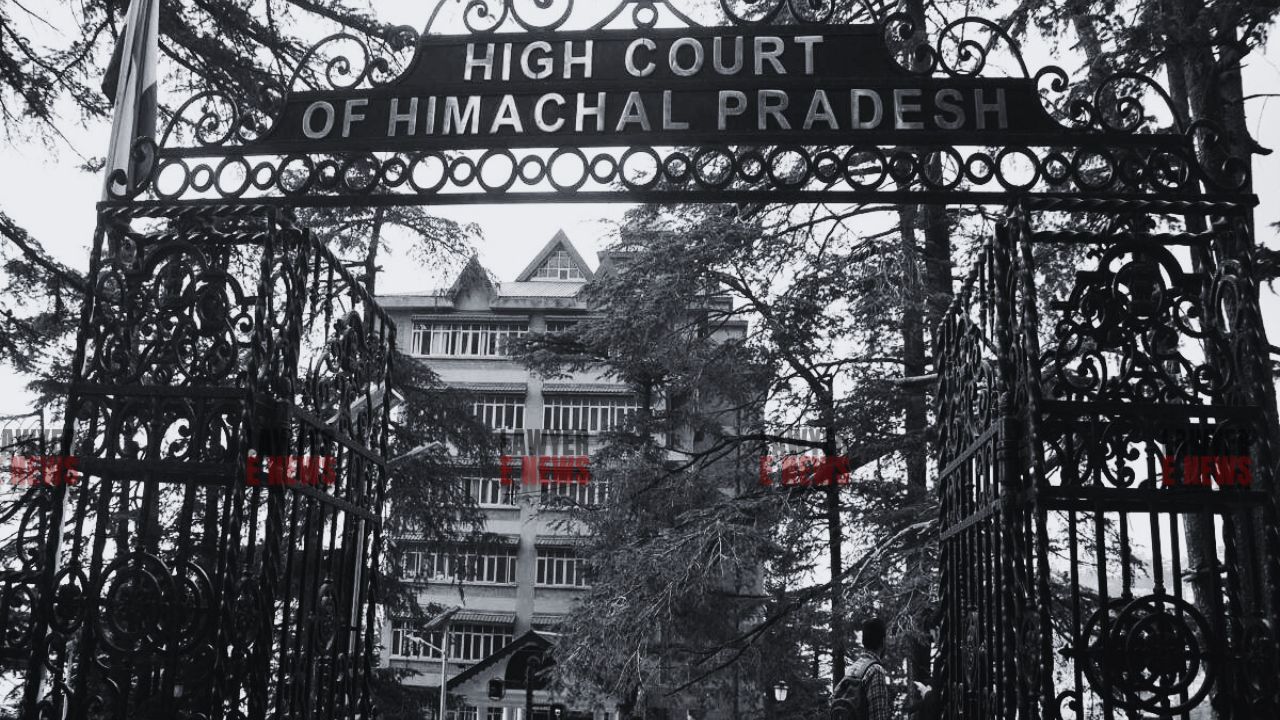-
by Admin
15 February 2026 5:35 AM



High Court of Himachal Pradesh at Shimla, in Bhau Ram v. Kamla Devi & Others (FAO No. 482 of 2015), remanded a case involving an inheritance dispute back to the Trial Court. The case, initially dismissed by the Trial Court and later remanded by the Additional District Judge (II) Shimla, was contested by Bhau Ram, the appellant. The High Court upheld the remand order, stating that a judgment passed against a deceased party is a nullity and necessitates compliance with Order 22 of the Code of Civil Procedure (CPC).
The case concerns a suit filed by the original plaintiff, seeking a declaration as the exclusive legal heir of Smt. Reshmu Devi based on a registered will dated September 12, 1985. The plaintiff claimed inheritance of movable and immovable properties left by Smt. Reshmu Devi. The Trial Court initially dismissed the suit, but upon appeal, the Additional District Judge (II) Shimla set aside the dismissal, remanding the case to the Trial Court to address the mandatory requirements of Order 22 CPC, as a proforma defendant had died during the proceedings.
The key legal issue was whether the judgment passed by the Trial Court, in ignorance of the death of a proforma defendant, was valid. The appellant contended that the proforma defendant was neither necessary nor a proper party to the suit, and thus, the remand order was improper. The court had to determine if the judgment against the deceased was null and whether Order 22 CPC's requirements were satisfied.
Justice Sushil Kukreja noted that the decree against a dead person is a nullity, and the substitution of legal representatives and setting aside of abatement must be addressed by the court where the suit was pending. Citing previous judgments, the court held that the proper course of action in such scenarios is for the court to remand the case, enabling the appellants to seek setting aside of abatement. The High Court upheld the order of the Lower Appellate Court for remanding the case to comply with Order 22 CPC and directed the Trial Court to decide on the substitution of legal representatives of the deceased proforma defendant and the question of abatement.
The High Court disposed of the appeal by directing the Trial Court to address the substitution of legal representatives and abatement issues in compliance with Order 22 CPC. The judgment underscores the principle that any decree passed against a deceased party is null and requires careful compliance with procedural rules to ensure justice.
Date of Decision: September 13, 2024
Bhau Ram v. Kamla Devi & Others
